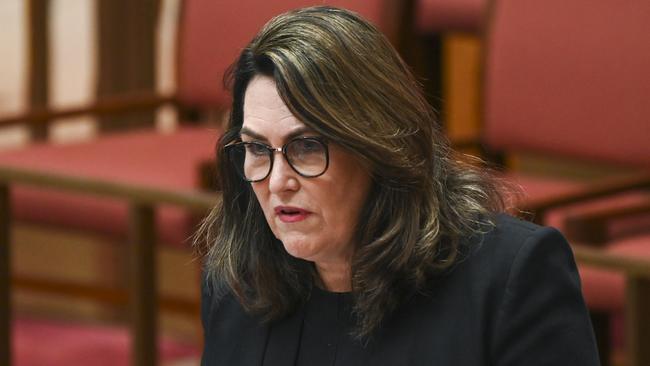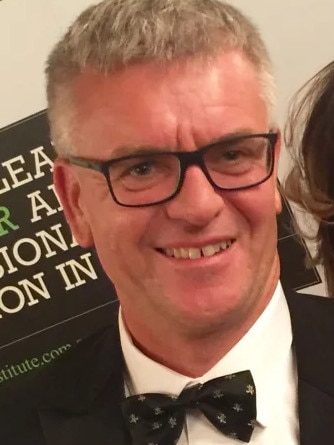PwC failed to address ethical conflict for years: Labor Senator
The Labor senator leading the charge against PwC’s ethical misdeeds has accused the consultancy giant of putting profit above integrity.

The Labor senator leading the charge against PwC and ethical behaviour has warned the big four consultancy firms against chasing profit over integrity.
Senator Deborah O’Neill said PwC’s tax scandal was known of internally for years before it finally surfaced publicly this year, bolstering the argument against PwC’s ability to self-manage.
Senator O’Neill said the decision by tax expert Peter Collins to use and promote confidential government knowledge underpinned why further investigations were needed.
‘’(PwC) were so driven by the profit motive that they jettisoned any ethical considerations,’’ she told The Australian.
She said that the broad issue of conflicts of interest in PwC and other firms was becoming sharper in focus. “We’re becoming more and more aware of how widespread conflicts of interest were,” she said.

Senator O’Neill said the parliament would continue to pursue the core issues and that the scandal surrounding Mr Collins, arguing there had been a multi-year cover-up.
She said for many years PwC should have known what had materialised under Mr Collins, who is facing multiple investigations and his former company’s future is on the line.
Senator O’Neill has also questioned the role of senior PwC figures with the Hong Kong-listed Top Education, where the PwC hierarchy invested personal money even though Top Education received heavy investment from PwC the company.
Mr Collins was asked 10 years ago to help frame laws to get large foreign companies to meet tax obligations in Australia.
The Multinational Anti-Avoidance Law (MAAL) was meant to prevent big companies from shifting profits from Australia to other countries with lower tax rates.
He signed a series of confidentiality agreements but he ignored them internally.
A senior PwC figure has also questioned privately the length of time the company had known about Mr Collins’s alleged wrongdoing.
The figure said that they believed that PwC would have known in 2019 that there were serious issues with the way Mr Collins had operated.
Senator O’Neill also indicated the heat would be focused on the role of PwC staff with Top Education, which is a private tertiary provider that operates in Sydney.
PwC has had a heavy involvement with Top Education for years.
Some partners have questioned why a series of key PwC figures invested in the organisation.
The Weekend Australian revealed that former PwC chief executive Tom Seymour and a senior colleague, Kai Zhang, quit their roles with Top Education shortly before the tax scandal became public.
Eight PwC executives or their family members invested personal wealth when PwC took a separate, 15 per cent stake in the enterprise. There has been no public response as to whether the personal investments were made according to company guidelines.
One suggestion is that co-investments occurred quite widely within PwC and were encouraged by some partners.
Despite this, he personal investments, which have attracted a backlash among some PwC partners who have raised concerns of potential conflicts of interest, have added a layer of anger internally amid the fallout over the tax scandal.
The timing of the resignations from the board is seen internally as potentially critical, taking effect on November 18 last year, with Mr Collins’s departure from PwC only becoming public in January.
PwC has not said whether it believes the investments were within the company rules.








To join the conversation, please log in. Don't have an account? Register
Join the conversation, you are commenting as Logout